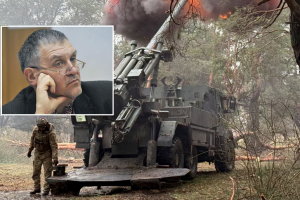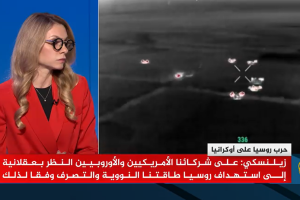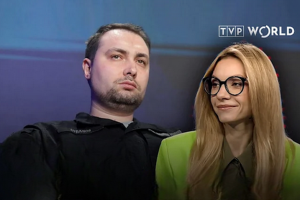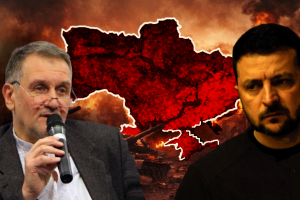PACE acknowledged the aggression of Russia. What’s next?
 Oleksiy Haran, Professor of Politology at the Kyivo-Mohylanska Academy, Academic Director of the Democratic Initiatives Foundation (DIF)
Oleksiy Haran, Professor of Politology at the Kyivo-Mohylanska Academy, Academic Director of the Democratic Initiatives Foundation (DIF)
The Parliamentary Assembly of the Council of Europe adopted two resolutions regarding Ukraine. Key thesis: extension of sanctions against Russia before the full renewal of the sovereignty of Ukraine and refusal to restitute Russia’s right to engage in work of the assembly. Moreover, the participation of Russia in the Ukrainian conflict was not only publicly acknowledged, but was explicitly called “Russian aggression”.
Council of Europe is an organization that is engaged first and foremost in human rights issues and the supremacy of rights, not in geopolitics or economics. For this reason, the conflict in Ukraine causes so much trouble for PACE. Everything Russia is doing in Crimea and in the eastern part of Ukraine has a rebuff in the Council of Europe. In essence, this is the first institution that in 2014 adopted sanctions against Russia. Specifically, it suspended a number of powers of the Russian delegation. That said, a tendency of ignoring fundamental principles and taking into account the interests of Russian President Vladimir Putin has also been observed in the Council of Europe (the so-called Putinversteher).
The Russian delegation and the Kremlin actively worked to remove sanctions against Russia, though their efforts were unsuccessful. This is a huge victory for Ukraine. In essence, PACE used in its resolutions the Ukrainian wording: the issue of Russian aggression in Ukraine is clearly stated and the requirement to withdraw the Russian military forces from Ukraine is also clearly articulated.
What are the reasons? First of all, the Ukrainian diplomatic corps and Ukraine’s delegation in PACE worked well on this matter. More importantly, however, is that over the past weeks the negative attitude towards Russia has strengthened. The reason for this is the publication of reports of the International Investigative Group on the Air Disaster of the Boeing MH17 and the escalation of the conflict in Syria.
The Kremlin probably thought that interference in the Syrian conflict could fortify its position by using Syria as a bargaining chip. This is precisely what Ukraine feared the most. However, Russia demonstrated its inability to reach an agreement and clearly showed its irresponsibility. The recent footage of the bombings of Aleppo and the destruction of hospitals and humanitarian aid convoys was shown all over the world – needless to say, this worsened the world’s attitudes towards Moscow. French President Francois Hollande decided not to accompany Putin during the latter’s visit to Paris and speak with him only about Syria, after which Putin cancelled his trip to France to attend the opening of the Russian Cultural Center.
What’s next? The PACE resolution applies first and foremost to the sphere of human rights, but it will also have more concrete repercussions. First of all, Russia’s rights in PACE will not be reinstated. Secondly, this will give Ukraine the ability to take a tougher position in other negotiation formats. Official Kyiv will be able to count on and refer to these documents and the positions of other countries will be formulated on the basis of PACE resolutions. This strengthens Ukraine’s arguments, in particular within the framework of the Minsk agreements. Furthermore, the rhetoric of Europeans regarding elections in the Donbas is already beginning to change.
Original: “Novoye vremya”
http://nv.ua/ukr/opinion/haran/u-parje-viznali-agresiju-rf-shcho-dali-243792.html








